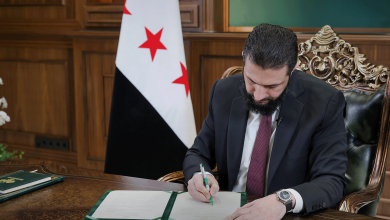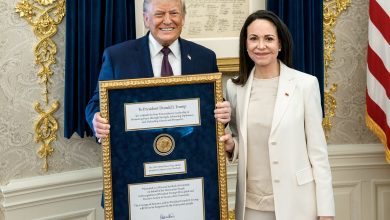Algiers — In the 27th Algiers International Book Fair (SILA 27), cultural critics and literary figures from Algeria, Palestine, and Tunisia gathered to emphasize the crucial role that Palestinian resistance literature has played in preserving Palestinian identity and heritage. Through novels, poetry, and cinema, this literature has become a powerful form of resistance against the longstanding attempts by the Zionist regime to erase Palestinian culture.
During the panel titled “Resistance Literature in Palestine: Burning Pens,” Palestinian critic and translator Fakhri Saleh described Palestinian literature as a profound mirror of Palestinian life and struggle since the 1930s. He explained how this literary output reflects a people deeply rooted in their culture, defying both the physical and cultural erasure that occupation has sought to impose. “Palestinian literature reminds us that Palestine endures, keeping its spirit alive within the collective consciousness of Palestinians, Arabs, and global supporters,” Saleh noted.
According to Saleh, Palestinian resistance literature is unique in its continuity across generations, with figures like Edward Said, Ghassan Kanafani, Mahmoud Darwish, and Samih al-Qasim passing the torch to a new generation of Palestinian writers. Young authors such as Adania Shibli, Isabella Hammad, and Ibtisam Azem are now raising awareness about Palestine in multiple languages and are amplifying the voice of Palestinian identity in global literary circles.
The Palestinian literary landscape has also spotlighted the daily oppression and violent displacements experienced by Palestinians, especially in Gaza. Saleh emphasized that Palestinians are subjected to a deliberate process of cultural genocide aimed at erasing their history, stressing the role of resistance literature in exposing these actions to the world. As an example, he mentioned the novel “Longing and Carnations” by the martyred writer Yahya Sinwar, which reflects the spirit of Palestinian resistance from 1976 to the Second Intifada.
Tunisian novelist Hafidha Qara Beiban expanded on the role of Palestinian-themed literature in Tunisia, highlighting the works of renowned writers like Ghassan Kanafani and Ibrahim Nasrallah. She shared her own experience of writing “The Bare Land,” a novel depicting the Palestinian resistance and exploring historical events linking Tunisia to Palestine, including the forced exile of Palestinians to Bizerte in 1982 and the assassination of Abu Jihad in 1985.
Algerian critic Kaluli bin Said reflected on the contributions of the late Edward Said, an influential Palestinian-American intellectual. He highlighted Said’s seminal works, “Orientalism” (1978) and “Culture and Imperialism” (1993), which have deeply impacted academic and political discourses on Palestine. Said’s insights continue to resonate in global discussions on Palestine and resistance.
Additionally, Algerian poet Saeed Hammoudi remarked on the significance of Palestinian resistance literature across multiple forms, from poetry to novels and theater. He noted that this literature not only reinforces Palestinian connections to their land but also exposes the atrocities committed by the Zionist regime. Hammoudi emphasized that Palestine has always held a special place in Algerian hearts, a solidarity dating back to Algeria’s own struggle for independence from French colonialism.
SILA 27, which runs until November 16 at the Safex exhibition center in Algiers, features over 1,000 publishers from 40 countries, including 290 Algerian publishers, showcasing more than 300,000 titles.
For more updates, visit DZWATCH.DZ
Author: Nor-Eleslam
Focus: Palestinian Resistance Literature, Algiers Book Fair, Cultural Identity, Zionist Oppression




